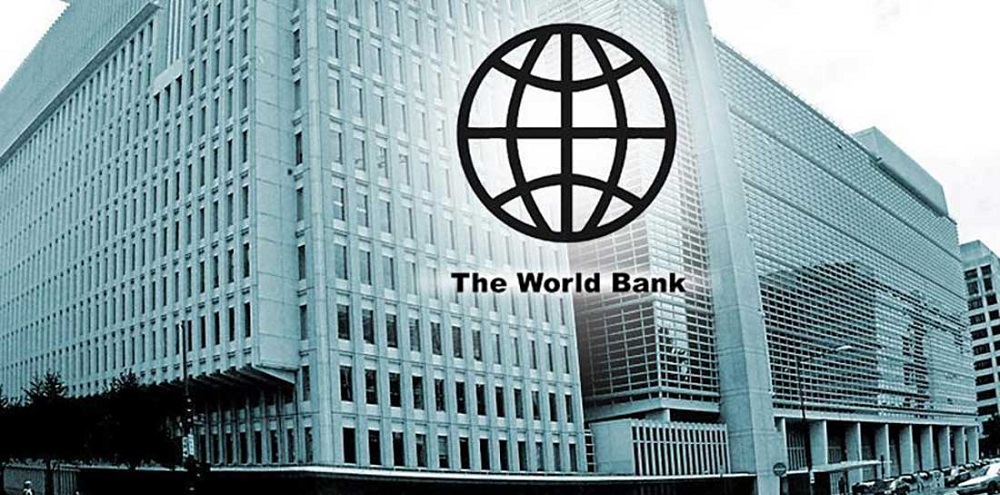Nigeria’s COVID-19 recovery efforts has received a grand support from the world bank. It is a $500 million grant meant to boost support for the Nigeria Community Action for Resilience and Economic Stimulus (NG-CARES) program.
The renewed commitment extends the sponsorship for an additional three years, as announced by Prof. Foluso Okumadewa, representing World Bank Nigeria, at the Federal CARES Support Unit’s Peer Learning and Experience Sharing Event in Port Harcourt.
The NG-CARES programme aimed to mitigate the impact of the COVID-19 crisis on the livelihoods of poor individuals, farmers, vulnerable households, and micro and small enterprises.
By providing access to livelihood support, food security services, and grants, the programme sought to promote economic resilience and stimulus.
Okumadewa, who was represented by Dr. Lire Ersado, Task Team Leader, NG-CARES, emphasized the programme’s importance in promoting economic resilience and stimulus.
According to Okumadewa, the World Bank aims to institutionalise the programme, ensuring its continuity beyond external funding.
He said: “NG-CARES will continue for the next three years with World Bank support and potentially longer with government backing.”
The NG-CARES programme, under the Federal Ministry of Budget and Economic Planning, supports community-driven initiatives to mitigate the pandemic’s impact.
However, giving a run down of the Programme’s achievements, National Coordinator of NG-CARES, Dr. AbdulKareem Obaje, said the programme had made significant strides in providing critical support to vulnerable populations affected by COVID-19 and other socio-economic shocks, disbursing a whopping $750 million over the past three years.
According to Obaje, the programme’s shock response mechanism has been highly effective, with $625 million already disbursed to states, representing an impressive 88% disbursement rate.
“This translates to N625 billion in reimbursement for work done by the states, a remarkable achievement considering the programme’s scope and timeline,” Obaje stated.
Launched in 2021, NG-CARES, he further stated aimed to mitigate the impact of socio-economic shocks on vulnerable individuals, farmers, households, communities, and micro-small enterprises.
He disclosed that with $50 million remaining, the programme is poised to make an even greater impact before its closing date of December 31, 2024, although an extension is likely.
He also disclosed that the programme had conducted three rounds of Independent Verification Agent (IVA) assessments, a new practice that ensures transparency and accountability adding that the programme was restructured in May 2024 to accommodate victims of shocks in other states, and mid-term reviews were conducted in November last year.
He said: “Notably, NG-CARES has overachieved by 30%, with $345 million reimbursed to states yielding $834,000 in recognized results. This impressive track record has set the stage for even greater success, with the programme aiming to produce results worth $1 billion by the end of the fourth IVA.”
Also, Director General of the Nigerian Governors Forum (NGF), Abdulateef Shittu, emphasised the forum’s role as a bridge between states and a catalyst for impactful governance, while reinforcing the forum’s commitment to effective governance and sustainable development.
Represented by Abdulaziz Olorunshola, Program Manager NG-CARES, Shittu highlighted NGF’s mandate to support states in adopting best practices for development programs.
He said NGF’s efforts focus on managing peer learning and experience-sharing components, ensuring no state is left behind. The organization commends states for their active participation, demonstrating collaboration in overcoming shared challenges and achieving success.

